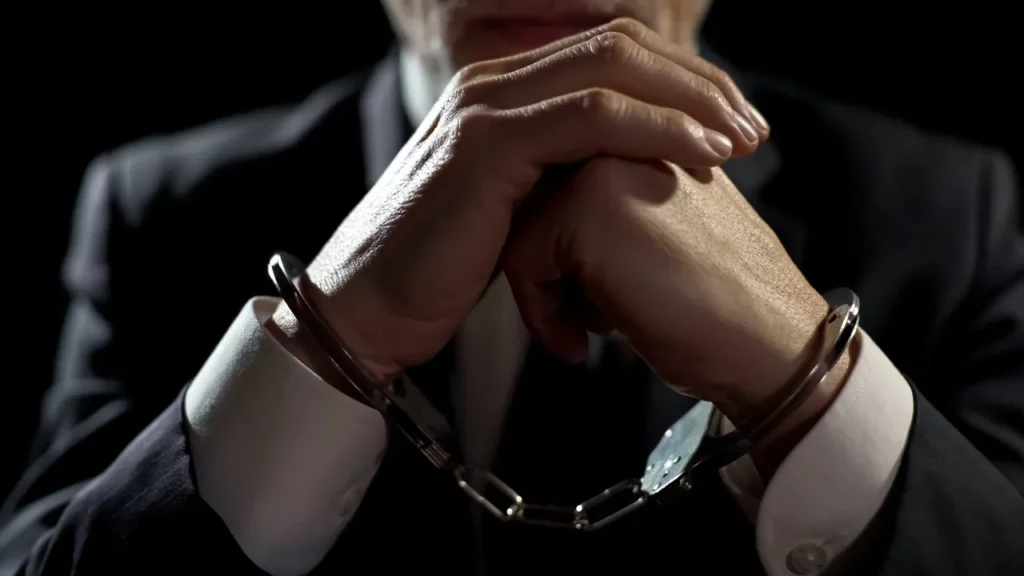The principle of legal professional privilege is a right provided to our clients and protected by our firm. Criminal Lawyers Group are the number one criminal law firm in NSW. If you or anyone you know are unsure whether certain communication and documents are protected by the principle of legal professional privilege, contact our award-winning team of expert criminal lawyers at Criminal Lawyers Group immediately for a free consultation.
WHAT IS LEGAL PROFESSIONAL PRIVILEGE?
Legal professional privilege is a principle and right which protects the privacy and confidentiality of confidential communications and confidential documents between a lawyer and a client that was made for the dominant purpose of the lawyer providing legal advice or professional legal services to the client, or for use in current or anticipated litigation.
WHAT IS A CLIENT?
To best understand the principle and right of legal professional privilege, it is important to understand what in fact constitutes a client.
Section 117 of the Evidence Act 1995 (NSW) defines a client as including the following:
- A person or body who engages a lawyer to provide legal services or who employs a lawyer (including under a contract of service)
- An employee or agent of a client
- An employer of a lawyer if the employer is the Commonwealth or a State or Territory, or a body established by a law of the Commonwealth or a State or Territory
- If, under a law of a State or Territory relating to persons of unsound mind, a manager, committee or person (however described) is for the time being acting in respect of the person, estate or property of a client—a manager, committee or person so acting
- If a client has died—a personal representative of the client
- A successor to the rights and obligations of a client, being rights and obligations in respect of which a confidential communication was made.
WHAT ARE CONFIDENTIAL COMMUNICATIONS?
Section 117 of the Evidence Act 1995 (NSW) defines confidential communications to mean communication made in such circumstances that, when it was made:
- The person who made it, or
- The person to whom it was made,
was under an express or implied obligation not to disclose its contents, whether or not the obligation arises under law.
WHAT ARE CONFIDENTIAL DOCUMENTS?
Section 117 of the Evidence Act 1995 (NSW) defines a confidential document as a document prepared in such circumstances that, when it was prepared:
- The person who prepared it, or
- The person for whom it was prepared,
was under an express or implied obligation not to disclose its contents, whether or not the obligation arises under law.
THE SANCTITY OF LEGAL PROFESSIONAL PRIVILEGE
Criminal Lawyers Group’s Principal and award-winning criminal lawyer Mr Steven Mercael recently addressed an annual conference of lawyers and presented on the topic of legal professional privilege, arguing that “legal professional privilege should be held in the highest of sanctity and its protection by law is warranted and should never be weakened.”
NICK MCKENZIE ALLEGED TO HAVE RECEIVED PRIVILEGED INFORMATION IN BEN ROBERTS-SMITH DEFAMATION CASE
Nine’s witness in the Ben Roberts-Smith defamation trial has alleged that award-winning journalist Nick McKenzie obtained confidential and privileged legal information and Ben Roberts-Smith’s privileged legal strategy.
Sky News have reported that Nine paid the witness, who was Nine’s own witness, $700,000 for a non-disclosure agreement so that she would not disclose information about the alleged unlawful obtaining of privileged information. Sky News state that after they had published an audio recording, which was one of the forms of evidence the witness claimed to have had concerning the unlawful obtaining of privileged information, that Nine subsequently requested she refund the $700,000 settlement sum.
Nick McKenzie has denied knowledge of legal correspondence between Nine and the witness and claims that none of the information provided by Roberts-Smith’s ex-wife Emma Roberts and/or her friend, Danielle Scott, constituted privileged information.
CONTACT CRIMINAL LAWYERS GROUP NOW
If you or anyone you know require advice on the principle of legal professional privilege, contact our expert criminal lawyers at Criminal Lawyers Group immediately for a free consultation so that we may answer your questions and protect your interests.
Our award-winning team of criminal law experts are nationally recognised for their knowledge and protection of the principle of legal professional privilege.
